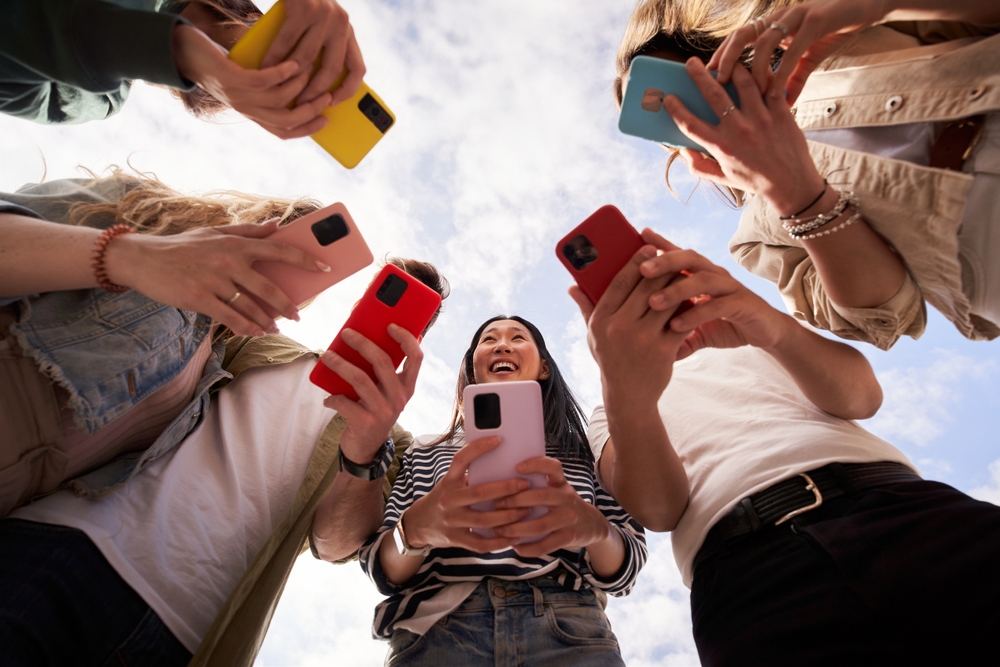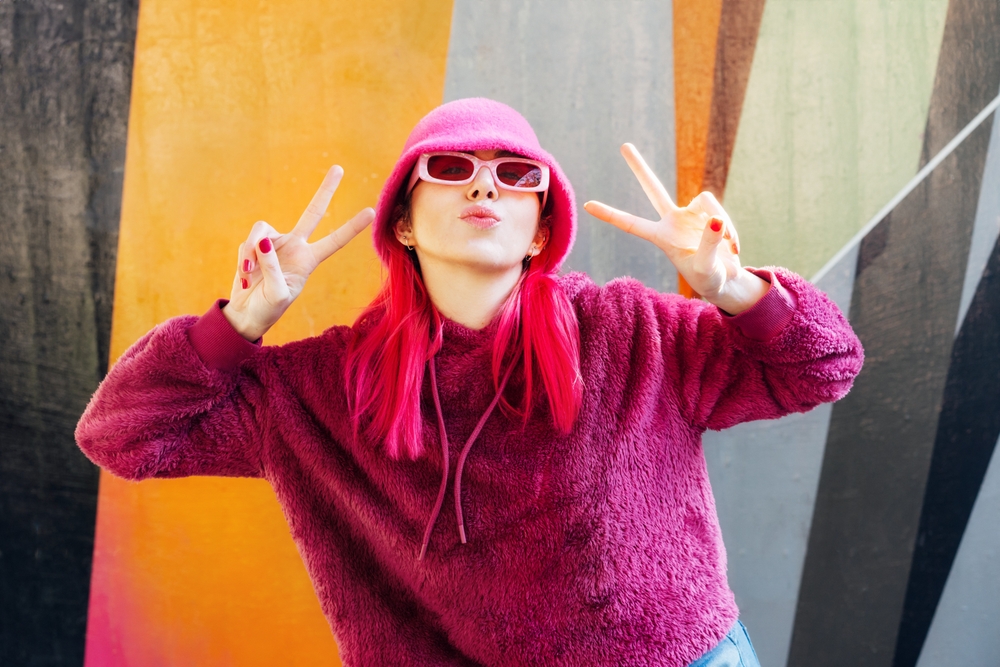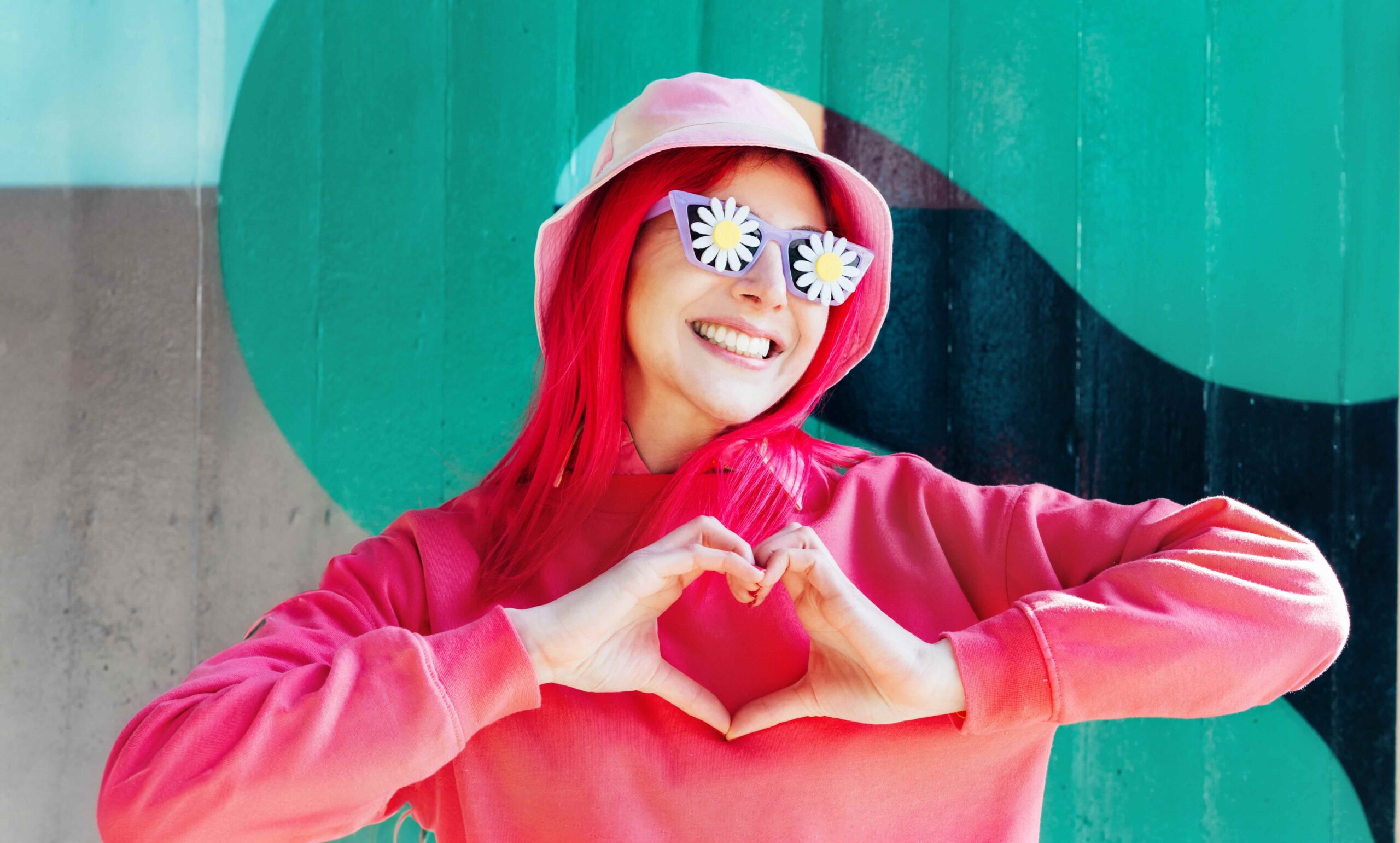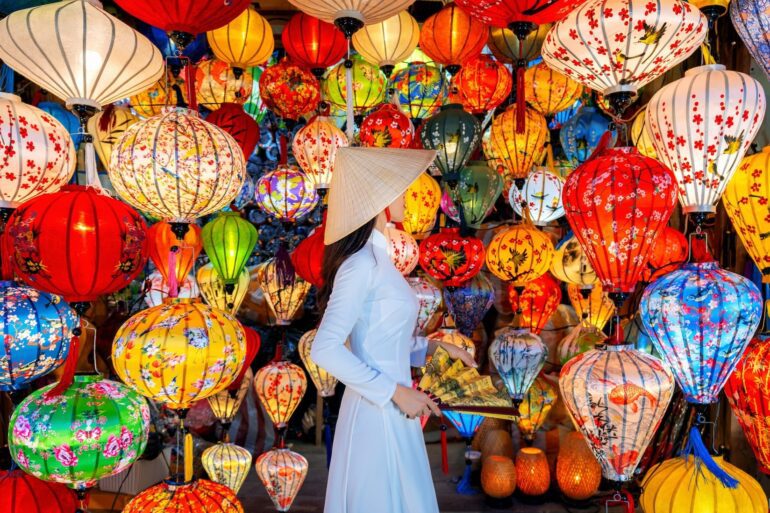Older generations say we’re lucky that we grew up online, fluent in the language of digital culture like it’s our mother tongue. But what they don’t see is the quiet hollowness it leaves behind.
There was a time when the internet felt like a playground. You’d log into Tumblr, reblog a moody quote about loneliness and being a “misfit” in a washed-out serif font. Or you’d log into Facebook, post a random (and often poorly typed) status update to your 5,000 friends that you added randomly just to flex your numbers, and then disappear for dinner.
The early days of social media was a chaotic place, but it was also oddly freeing. Everyone just felt glad to be part of this early virtual world we called the internet, with users and communities doing their own thing, unmindful to what an “algorithm” is or what it does.
We played Facebook games like Dragon City & FarmVille, sent play invites to friends, and shared our game achievements without fretting about how it “ruins the aesthetic” of our feed.
For Gen Z, identity is a revolving door of aesthetics and micro-personas. A mood. An aesthetic that is “effortlessly real” yet perfectly fine tuned for an audience.
Back then, enjoying the online world didn’t demand a brand strategy. Everyone just seemed delighted to be online. That included the social media addicted Gen Z of today—me, who laughed at the earliest Facebook memes when my baby teeth were still falling off.
But look at us now. Everything is content. Everything is curated. Everything is us—but optimized, filtered, mood-boarded, and tied to a vague sense of marketable self-awareness.
Gen Z is not just on the internet anymore. We’ve been absorbed into it. We’ve become both the user and the product, a generation raised on WiFi, weaponized self-presentation, and the persistent need to look like we’re doing okay (or not).
Curated to death
For Gen Z, identity is a revolving door of aesthetics and micro-personas. A mood. An aesthetic that is “effortlessly real” yet perfectly fine tuned for an audience.
One week you’re soft-launching a healing era; the next, you’re an aspiring film bro who only wears vintage. Your music playlists have names like “you’re the main character” or “crying but hot,” and your Notes app contains half-written captions for a post you’re too emotionally vulnerable to publish.
We’ll trauma-dump in a TikTok, but wrap it up with trending audio and a wink. We’ll admit to burnout in an IG photo dump: third slide is a sad mirror selfie, fourth slide is a matcha latte.
We don’t have fixed selves, we have eras. We’re not commitment-phobic. We just know the algorithm changes faster than our identities can keep up. Who we are is often shaped by what gets attention, not necessarily what feels true.
The performance of “realness”



Here’s the paradox: we crave authenticity, from brands, from influencers, from celebrities. But even our authenticity is optimized for engagement. Vulnerability has a punchline now. We say “posting this before I overthink it,” knowing full well we’ve already overthought it for hours.
We’ll trauma-dump in a TikTok, but wrap it up with trending audio and a wink. We’ll admit to burnout in an IG photo dump: third slide is a sad mirror selfie, fourth slide is a matcha latte.
It’s emotional labor, but it’s aesthetic. And it’s what makes me think that Gen Zs, my generation, are the greatest performers that humanity has seen so far.
Even “logging off” is part of the performance. You don’t just disappear anymore, you leave breadcrumbs. A cryptic story. A black screen for a profile picture. Maybe even the iconic “taking a break to focus on myself” in your bio. And then, inevitably, you come back with a rebrand.
Related story: What you must know about how Gen-Z uses emojis
Related story: They dig it: Gen Z and the resurgence of vinyl music
Related story: An open letter to Gen Z from a millennial
Validation is a language we speak fluently



We know likes don’t matter. We also know that’s a lie. We say “I’m just posting for me,” but we check who viewed our story 17 times before lunch.
Even rest itself has been monetized. “Self-care” looks like a sunrise walk, a lo-fi journaling session, and a photo of your matcha latte with the caption: healing 💗🫧. All of which, of course, is uploaded and liked by 300 people who are also pretending to be offline.
We’ve been taught to perform being okay. To turn our mess into relatable content. To make aesthetics and memes out of our emotions and mood swings. We’ve learned to market our joy, pain, politics, and personalities, because the digital economy rewards the personal brand over the person. Being real is aspirational, but only to a relatable extent where silliness and unhinged remains endearing. Being too real is awkward.
But what happens when we strip all of that away? When we peel back the irony, the performance, the hyper-online humor, and the late-night existential memes, what beats at the heart of this doom-scrolling generation?
Not the main character. Not the aesthetic. Not even the ✨vibe✨. Just us. Tired. Curious. Lonely, but trying.
When I talk to my friends — not over DMs, but actually talk — we sound like a generation begging for depth and meaning. There are times when we feel as if the world’s too fast-paced, that it’s already discovered everything there is to discover, and that there’s no space for us to leave our footprints behind.
Older generations say we’re lucky that we grew up online, fluent in the language of digital culture like it’s our mother tongue. But what they don’t see is the quiet hollowness it leaves behind. A kind of communal emptiness that only we, the so-called digital natives, can name, unravel, and maybe, someday, heal.
There’s grief under the self-deprecating jokes. Longing under the selfies. A real person behind every meme that says “I’m so silly and quirky lol.”It’s easy to forget that. It’s easy to forget us.
The soft rebellion



Maybe the quietest thing we’re doing is also the loudest: stepping away. Not in some dramatic log-off tweet or a big “social media detox” announcement, but in small, almost invisible acts. Like choosing to ride the jeepney without blasting Spotify in your earphones— just watching the billboards pass by, letting your thoughts wander. Or giving up on finding the perfect YouTube video for a meal. Or drawing in your notebook as you wait for your coffee.
In a culture that tells us to monetize every hobby, aestheticize every moment, and narrate every feeling, silence becomes radical. Privacy becomes power. Saying “no” to the algorithm, even in small ways, feels like reclaiming something that was ours all along.
We’re not abandoning the internet. We’re not pretending we can live without it. But our rebellion looks softer: it’s the jeepney rides where no one’s filming a TikTok, the karaoke sessions that never make it to Instagram stories. Maybe the quiet refusal to turn these everyday moments into content is the loudest thing we’ve ever said as a generation.
Who knows, maybe tomorrow, we’ll embrace the performance once again. But it pays to let the silence breathe. To let our dopamine-addicted brains exist off-screen. And to learn, slowly, that not everything real needs to be perceived.
Joy doesn’t always need an aesthetic. Healing doesn’t always require a perfectly curated grid.
Maybe the truest act of self-preservation is learning that not everything real needs to be perceived.
Related story: Ours is better than yours: The long, petty history of the generation wars
Related story: Did millennials follow their dreams after all?
Related story: 10 fun facts about Gen Z and millennial travelers in Asia Pacific
Related story: Generation Beta begins in 2025. How will these babies born from 2025 to 2039 mark their era?








